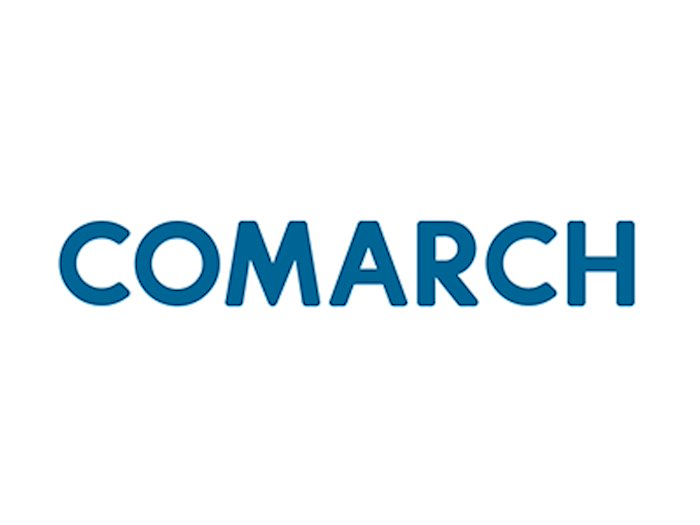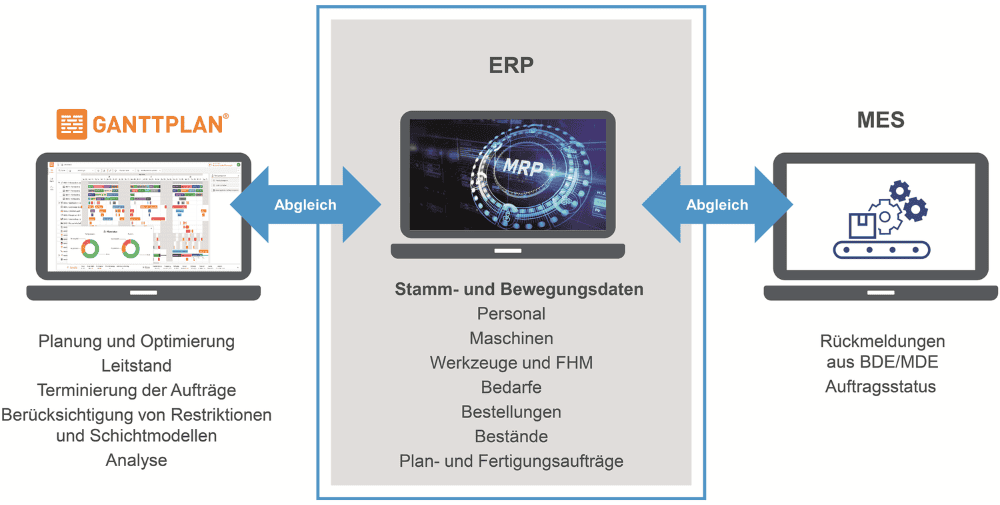
The wave of e-invoicing obligations in Europe is rising
The trend towards e-invoicing has clearly arrived in Europe. More and more countries are approaching the introduction of mandatory e-invoicing and e-reporting systems. These legislative developments not only herald a new era of economic digitalization, but also offer tax authorities a significant advantage in effectively combating tax fraud.
For those operating in EU countries where invoicing is going digital, or working with business partners in such regions, proactive preparation for compliance is paramount. Failure to do so could result in costly penalties for non-compliance. Therefore, it is crucial to familiarize yourself with both the current and upcoming invoicing regulations in order to navigate this changing legal environment.
Germany’s E-Invoicing Transformation – An Introduction
The German Ministry of Finance recognized the need for digitalization two years ago as a means to more effectively combat VAT fraud. The transition to mandatory electronic invoicing in the business-to-business (B2B) sector is currently being deliberately implemented in Germany. At the same time, parliamentary deliberations are underway on a law to strengthen the German economy. This law includes various digitalization initiatives and additional support, particularly in relation to climate-related issues. Overall, these efforts are part of a broader strategy aimed at digitizing the invoicing process.
In the initial phase, the focus of this strategy is not exclusively on combating tax fraud. However, it is expected that an approach similar to that successfully implemented in Italy a few years ago will come to fruition as Germany moves forward with the ViDA initiative and the introduction of cross-border reporting in Central Europe. This strategic direction reflects Germany’s commitment to tackling financial discrepancies and ensuring the integrity of cross-border financial transactions.
It should be noted that the way forward regarding the legislative process around e-invoicing in Germany is currently not clearly defined. The following information relates to the current status and may be subject to change at short notice.
Scope of the obligation and transition phases
The era of paper invoices is coming to an end in Germany. A transition period of around three years applies to existing EDI (Electronic Data Interchange) invoices.
The planned system applies to all domestic B2B invoices, which means that companies are only obliged to send electronic invoices if the recipient is another German company. In the transition phase, there are no strict requirements regarding the conversion or transmission of electronic invoices, so this can be handled flexibly – even if sending by email may not be the optimal choice. The development of the Peppol network promises potential improvements in this regard in the future.
ViDA initiative and cross-border reporting
The ViDA initiative, scheduled for implementation in 2028, underlines the European government’s commitment to a cross-border reporting system to combat VAT fraud in cross-border business transactions. This initiative also extends to the introduction of a digital reporting system for domestic invoices and is strategically aligned with wider efforts to combat tax fraud in both the cross-border and domestic sectors.
Deadlines and compliance schedule
One of the key deadlines is January 1, 2025, when paper invoices will be phased out and businesses will need to be able to receive electronic invoices in CEN 16931 formats, with various XML structures being considered. Invoice recipients will no longer have the option of rejecting the invoice, as the priority of paper invoices will no longer apply.
From January 1, 2027, the sending of electronic invoices will become mandatory in Germany for larger companies with an annual turnover of more than 800,000 euros. In addition, the companies concerned will be obliged to issue electronic invoices from this date.
From January 1, 2028, the B2B mandate will be extended to all other companies, which requires that companies are able to receive and issue electronic invoices exclusively in the format of CEN standard 16931.
In anticipation of future developments, Germany is ready to introduce a digital reporting system, as has already been introduced in other European countries. The Continuous Transaction Controls (CTC) system is to be introduced for both domestic and cross-border invoices.
In summary, while sending and receiving paper invoices will continue to be permitted under certain conditions from 2025, the future direction clearly favors electronic invoicing as the predominant method.
Transition to other formats: CEN standard 16831 and more
The all-round view shows that both paper-based and other EDI formats are to be abolished by January 1, 2028. For domestic transactions, every German company must be equipped to receive electronic invoices and authorize invoice issuers to initiate the e-invoicing process.
In relation to CEN standard 16931, the permitted formats include XRechnung, the official German invoicing format. Its compatibility with Peppol-Bis messages, especially in the latest version, ensures continuous compatibility with all other formats.
The official legislation will allow formats that are based on CEN standard 16931. The exchange of EDIFACT messages will continue to be possible, depending on the exact German interpretation of the EN 16931 standards.
The implementation of CEN standard 16931 and its impact on invoicing
The EN 16931 standard, an initiative led by the EU, prescribes the electronic exchange of invoices with public authorities and has been transposed into local law accordingly. The most widely used variant in Germany is known as XRechnung. The standard defines central invoice formats (Core Invoice) and mandatory data fields, which have been extended to Germany and other countries as the CIUS data model. The German CIUS is theoretically influenced by the XRechnung.
The complex realities of international document exchange
For companies that exchange documents across borders, understanding and integrating the different requirements is of the utmost importance. The complexity resulting from different infrastructures and formats, as seen in Italy and expected in France, makes it clear that companies must overcome these challenges for smooth global trade.
Tailored solutions to ensure your compliance
Comarch offers customized solutions adapted to specific business requirements and partner countries. Comarch’s pre-analysis and experience-based recommendations ensure that companies can exchange e-invoices internationally while complying with the various regulations. Comprehensive support and Comarch’s global network enable a seamless transition to e-invoicing.
In addition, connectivity to all business partners in selected regions is easily ensured by leveraging Comarch’s diverse existing connections. Companies receive comprehensive support and an overview of each country. Compliance with different regulations is crucial and Comarch’s e-invoicing platform offers valuable benefits.
– – – – – –
Further links
👉 www.comarch.de
Photo: pixabay




